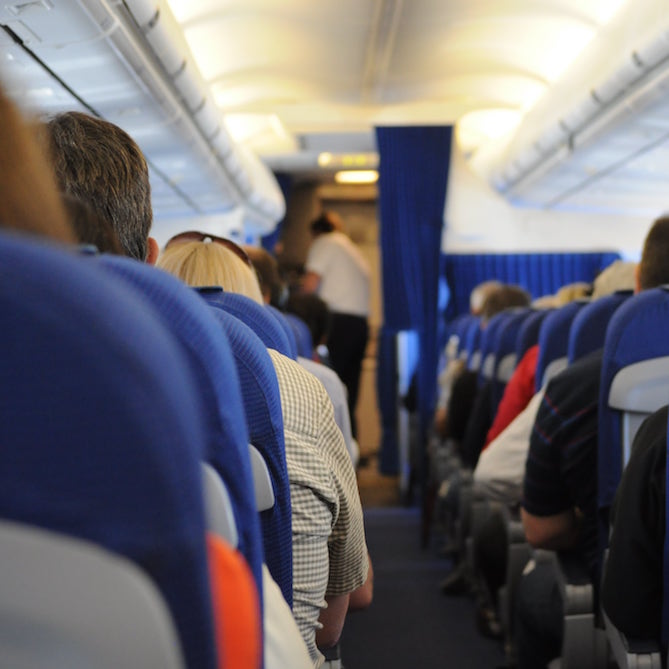
Cello Is My Co-Pilot (Part 2)
Jeffrey Zeigler
I am, of course, a cellist writing to other cellists. So discussing the torment that we all have to go through when we travel with our instruments is, naturally, preaching to the choir. In fact, I wrote a blog post here on CelloBello a few years ago on the topic hoping to give some helpful tips to cellists (Cello Is My Co-Pilot). And in addition to my post, there are quite a few individuals that have written many extremely helpful articles and blogs geared at helping cellists all over the world deal with the hassles of travel. The information is definitely out there to know the basic guidelines that should be followed in order to handle pretty much 99% of the situations that one will face during air travel.
So why write “Part 2” you ask? The simplest answer is because of the recent events that our own “CelloBello” founder, Paul Katz had to experience. Since the moment that I read the Boston Globe article (Flying With a Cello Is One Traveler’s Nightmare, August 12, 2012), I have to admit my head has been in a bit of a spin.
Although I have been in the touring biz for a few fewer years than Mr. Katz, I would imagine that my experiences traveling with my cello and the tools that I have learned along the way are quite similar. However, the thing that I find most shocking is that his story does not match anything that I have ever experienced with any airline.
While each and every airline can still have their own set of rules pertaining to musical instruments, thanks to the new “Passenger Bill of Rights” (you should download a copy and carry it with you when you travel), we are now guaranteed the right to buy a seat. At least domestically–Mr Katz’s “nightmare” took place on WestJet, which is a Canadian-based airline. But as we have discussed before, it is still important for us to know what model aircraft you are flying on, as some model planes only have bulk head seats in First Class.
But this is where my head does a twist (and cellists everywhere, please correct me if I am wrong):
I think that WestJet is the only airline that simply does not allow cellos. Period. No First Class ticket option. No, “I’m sorry but there is no bulk head seat.” Just “No”.
In the most difficult situations that we face, we may be forced to purchase a First Class ticket if there is no bulk head on a particular aircraft in Economy Class. But WestJet’s flat out “No Cello” policy sounds way way out of the boundaries of, well, the policy of every other airline on the planet!
Their stated excuse, that “their seat belts aren’t rated to carry an instrument,” is quite frankly rubbish. As Paul Katz clearly stated on his NPR Talk of the Nation interview (Skies Less-Thank Friendly August 27, 2012), “You can put a 250-pound man under one of those seat belts. But for some reason, it’s not rated to carry a 14-pound cello, which is about the size of a 10-year-old child.” The reasoning doesn’t fit any stream of logic.
So I would like to open this discussion up to any person who could answer one very simple question for me:
We pay full price. We sit in a bulk head window seat so as to not obstruct any other passengers in case of an emergency. The cello is quiet and does not eat or consume any beverages. Public safety is obviously a very important issue when flying. But traveling cellos DO NOT POSE ANY PUBLIC SAFETY ISSUES. So why in the world are cellists being singled out and being harassed?! I would actually think that the airlines would prefer to have a plane full of passengers who pay full price, sit through the entire flight, who never get up and always stay quiet.
How many of you readers have ever been unnecessarily stopped going through security or boarding an aircraft? For me, I cannot count the number of times.
And finally, if you or somebody you know is a flight attendant or a TSA officer, could you please join into the discussion?
Subjects: Travel
Tags: airline regulations, FAA, Jeffrey, policies, security, Travel, travel with instruments, TSA, WestJet, Zeigler
